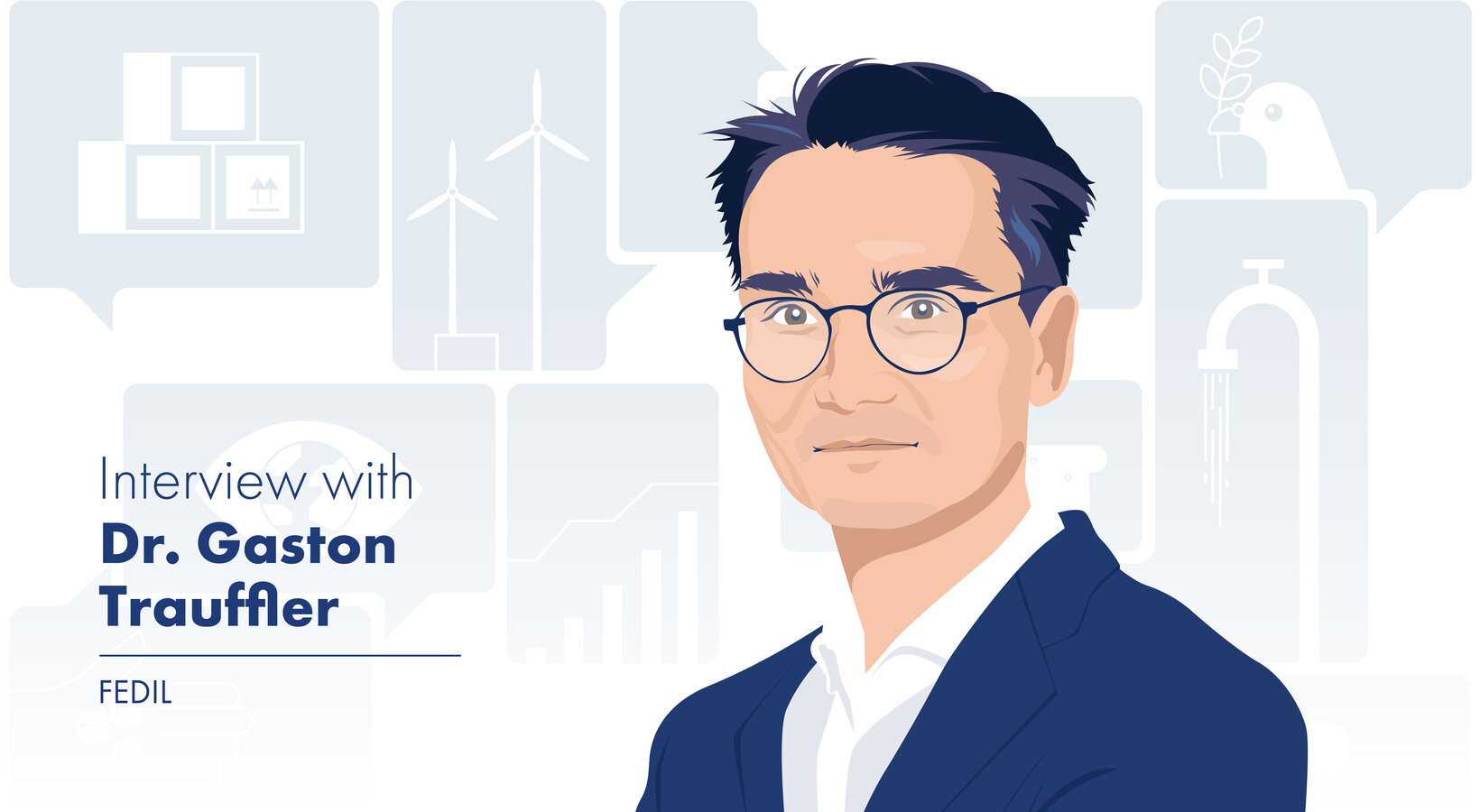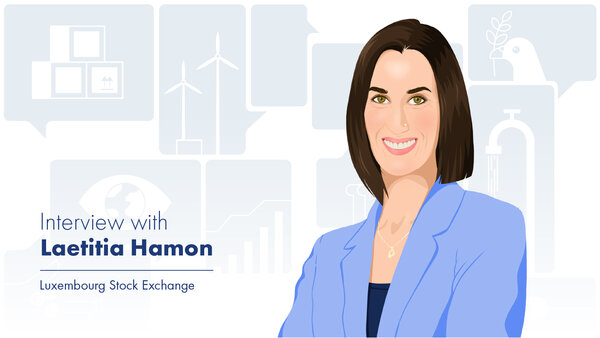Today, the decarbonization of Europe is accelerating, unfortunately, mostly due to deindustrialization. However, European and Luxembourgish deindustrialization is neither economically sustainable nor climate-friendly, as some industries are relocating to countries with less stringent climate regulations to ship the same products back to the EU over longer distances, potentially increasing their carbon footprint.
At a time when Europe is faced with the question of whether it will still have access to semiconductors, batteries, solar cells, raw materials, and the energy it needs to maintain its economic growth and achieve its ambitious environmental goals tomorrow, strengthening its own manufacturing and industrial capacities has become essential.
Do we want to limit ourselves to being merely a "consumer country" or do we also aspire to be a "producer country"? This debate raises strategic questions about industrial and economic autonomy. Excessive dependence on imports, especially for critical products and technologies, can make economies vulnerable to external disruptions, such as political, economic, or pandemic crises.
Therefore, strengthening manufacturing and industrial capacities in Europe has become a strategic imperative to ensure economic prosperity, social cohesion, and security. By developing local production capacities, Luxembourg can reduce its dependence on external suppliers, stimulate innovation, and create jobs, thus contributing to a more resilient and sustainable European economy.
![[Translate to English:] [Translate to English:]](/fileadmin/_processed_/8/c/csm_428_EXP_Anne-Marie_Loesch-80_4ebe39b6cf.jpg)

![[Translate to English:] [Translate to English:]](/fileadmin/_processed_/9/7/csm_426_EXP_Romy_Reding_Spuerkeess_28mars25_f6a6df7a8f.jpg)
![[Translate to English:] [Translate to English:]](/fileadmin/_processed_/5/8/csm_SP_175_Illustration_422_EXP_Bertrand_Lathoud_Luxembourg_House_of_Cybersecurity_d8f6d97d0e.jpg)
![[Translate to English:] [Translate to English:]](/fileadmin/_processed_/f/5/csm_SP_171_Illustration_420_EXP_Philippe_Parage_CN3_77e5a0f32e.jpg)
![[Translate to English:] [Translate to English:]](/fileadmin/_processed_/8/7/csm_410_EXP_Luigi_Garofoli_Spuerkeess_6fe92987c1.jpg)
![[Translate to English:] [Translate to English:]](/fileadmin/_processed_/7/d/csm_417_RSE_Max_Didier_CDCL_ac53048797.jpg)
![[Translate to English:] [Translate to English:]](/fileadmin/_processed_/1/7/csm_416_EXP_Marco_Rasque_Da_Silva_Spuerkeess__1__33f3f45032.jpg)
![[Translate to English:] [Translate to English:]](/fileadmin/_processed_/9/a/csm_415_EXP_Stephanie_Damge_House_of_Entrepreneurship_ef4a4a81e8.jpg)
![[Translate to English:] [Translate to English:]](/fileadmin/_processed_/3/6/csm_414_EXP_Tom_Wirion_68ffad8a51.jpg)
![[Translate to English:] [Translate to English:]](/fileadmin/_processed_/0/7/csm_Jessica_Thyrion_ESG_080dab77d5.png)

![[Translate to English:] [Translate to English:]](/fileadmin/_processed_/6/2/csm_404_RSE_Elena_Fuzzi_Aude_Payan_KPMG__1__d37f342c7d.jpg)